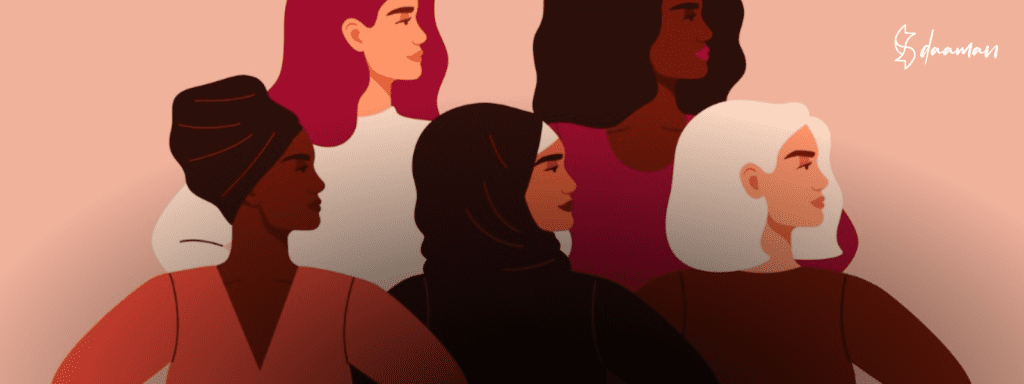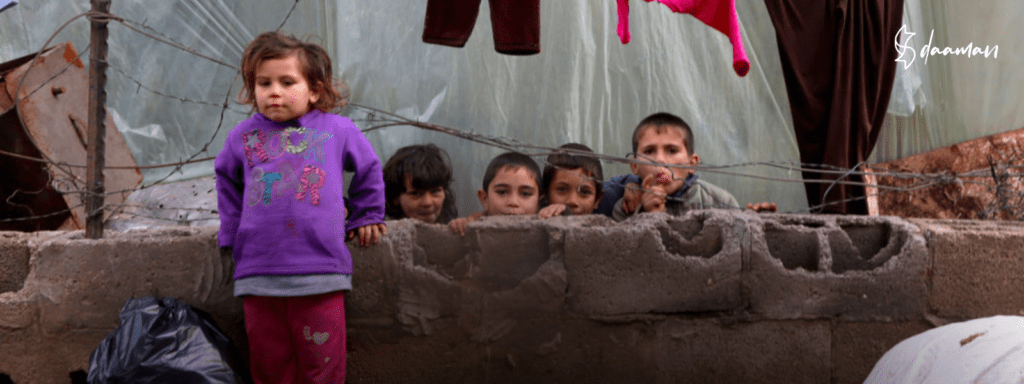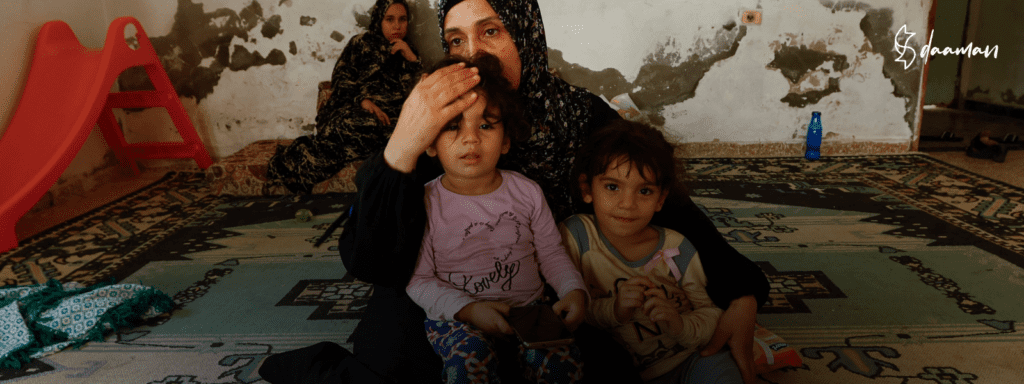Women’s Sports Deserve More Than Just Passive Acknowledgement
Gender inequality in sports is a deeply ingrained issue that has persisted for centuries. While significant strides have been made to bridge the gap between men’s and women’s sports, there is still a glaring disparity in terms of recognition, resources, and support. This article will explore the reasons behind the unequal treatment of women’s sports, with a focus on the case of Pakistan, where cricket has long been glorified as a male-dominated sport, while women are making strides in both cricket and football. Image Source: dawn.pk One of the primary reasons for the unequal treatment of women’s sports compared to men’s is historical precedent. For much of human history, sports have been considered a male domain, perpetuating the notion that men are the natural athletes and women are merely spectators. This entrenched bias has led to a lack of investment, exposure, and respect for women’s sports. Pakistan: Cricket’s Glorification In Pakistan, cricket is a religion. It’s a sport that unites the nation and brings together people from all walks of life. The country’s cricket heroes like Imran Khan, Wasim Akram, and Inzamam-ul-Haq are celebrated as national icons. The Pakistani cricket team’s successes are a source of immense pride and joy for the nation. However, when it comes to women’s cricket, the situation is starkly different. Despite significant achievements by the Pakistani women’s cricket team, their efforts often go unnoticed in the shadow of their male counterparts. In Pakistan, cricket has traditionally been reserved for men, with limited resources, funding, and support allocated to women’s cricket. This glaring inequality has created a lopsided scenario where male cricketers enjoy fame, fortune, and the opportunity to compete at the highest level, while female cricketers struggle for recognition and basic resources. This glorification of men in cricket perpetuates the stereotype that sports are primarily a male domain and relegates women’s cricket to a secondary role. Progress in Women’s Cricket Despite the challenges, Pakistani women’s cricket has made significant strides in recent years. Players like Sana Mir, Bismah Maroof, and Nida Dar have shattered glass ceilings and proven their mettle on the international stage. They have shown that women are just as capable of excelling in cricket as men, and their determination is gradually shifting perceptions about women’s sports. Football: Women Making Strides While cricket has been a male-dominated sport in Pakistan, football is a sport where women have been making remarkable progress. The Pakistani women’s football team has been steadily improving its performance and gaining recognition both nationally and internationally. They have managed to overcome several obstacles and stereotypes to represent their country on the global stage. Women’s football, like women’s cricket, has faced underinvestment, lack of facilities, and societal biases. However, the dedication and passion of female footballers have paved the way for positive change. Their achievements are a testament to the potential of women in sports when given equal opportunities. Addressing the Disparity To address the disparity in women’s sports, several crucial steps need to be taken. First and foremost, there must be an increase in investment in women’s sports, including funding, facilities, and coaching opportunities. This investment will not only enhance the quality of women’s sports but also attract more female athletes. Media coverage also plays a significant role in bridging the gap. Sports media should allocate equal airtime and column space to both men’s and women’s sports. This will help in promoting female athletes and inspiring the next generation. Additionally, educational institutions and sports governing bodies should promote gender equality in sports from a young age. Encouraging girls to participate in sports and breaking down stereotypes is vital in changing societal attitudes. Image Source : expresstribune.pk The unequal treatment of women’s sports in comparison to men’s sports is a deeply rooted issue that continues to persist. In Pakistan, cricket’s glorification of men has overshadowed the remarkable strides made by women in both cricket and football. However, with increased investment, media coverage, and a change in societal attitudes, the gender gap in sports can be narrowed. It is essential to recognize and celebrate the achievements of female athletes and provide them with the same opportunities as their male counterparts. Only then can we create a level playing field and foster gender equality in the world of sports.
Women’s Sports Deserve More Than Just Passive Acknowledgement Read More »











